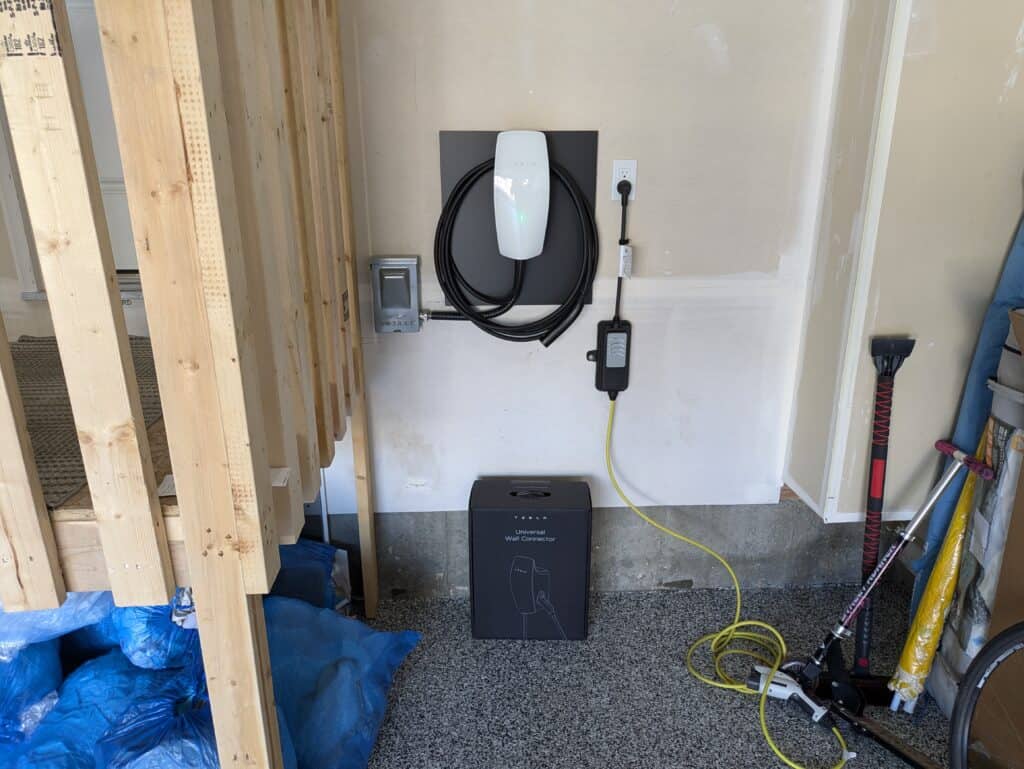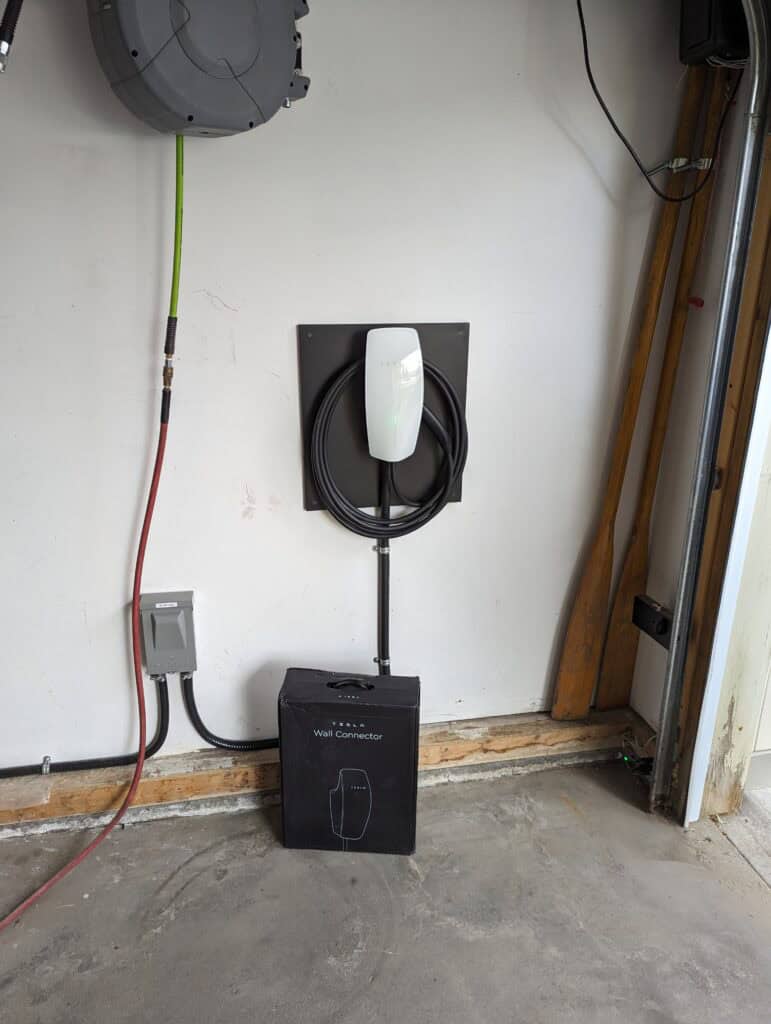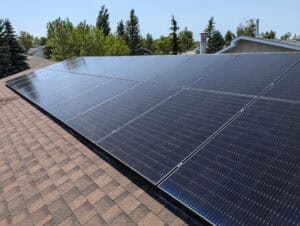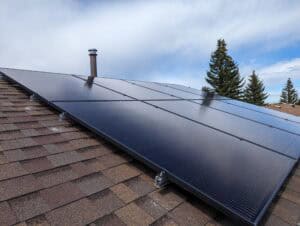Electric Cars Compared to Gas Vehicles in Calgary
The shift from gasoline engines to electric vehicles (EVs) is one of the biggest changes the automotive world has seen in decades. While traditional gas engines still operate on the same internal combustion principles they did half a century ago, electric cars use efficient, zero-emission motors powered by advanced lithium-ion batteries. For Calgary drivers, the move toward electric vehicles is about more than just new technology — it’s about reducing emissions, lowering maintenance costs, and preparing for a cleaner energy future.
Types of Electric Vehicles
There are two main types of electric cars available today. The first is the all-electric vehicle (AEV), which runs entirely on electricity stored in its battery. The second is the plug-in hybrid electric vehicle (PHEV), which combines a battery-powered motor with a traditional gasoline engine for backup range. Both designs offer the ability to charge from the grid — and in Calgary, more homeowners are pairing their EVs with solar panels to generate their own clean charging power.
Vehicle Options and Market Growth
Gasoline vehicles have dominated the market for more than a century, giving buyers endless makes and models to choose from. Electric vehicles are newer, but their variety is expanding fast. Almost every major automaker — from Ford and Hyundai to Tesla and GM — now produces one or more EV models. Only a few years ago, EVs made up less than one percent of all new vehicles on Canadian roads. Today, that number continues to climb as charging infrastructure improves and government incentives encourage drivers to switch.
Driving Range: Gas vs. Electric
One of the biggest concerns new buyers have is range. A typical gas-powered car can travel 500–700 km on a full tank, and refueling takes only minutes at any of Calgary’s many gas stations. Electric vehicles are catching up quickly. While early EVs offered under 200 km per charge, most modern models now exceed 400 km — more than enough for the average Calgarian’s daily commute.
And since most drivers travel less than 50 km per day, even smaller-range EVs easily meet real-world needs. Better yet, many Calgary homeowners are installing home EV chargers, allowing them to “refuel” overnight while electricity rates are lowest. For road trips, the growing network of fast-charging stations across Alberta makes longer travel increasingly practical.
Efficiency and Fuel Costs
Electric motors convert over 70% of the energy they draw into actual movement. In contrast, internal combustion engines waste most of their energy as heat, operating at only 20–25% efficiency. That difference adds up. Gas prices in Alberta can fluctuate wildly, but electricity remains relatively stable — making it easier to predict your annual driving costs.
Charging an EV at home can cost as little as a few dollars per 100 km of driving, depending on your utility rate. Combine that with solar power and your charging costs can drop even further. That’s why many homeowners upgrading their electrical panels are also planning ahead for an EV charger and future solar integration. A modern panel with extra circuit capacity ensures you can safely power both your home and your next vehicle without overloading the system.
Maintenance and Reliability
Maintenance is another area where electric cars have a clear edge. Gas vehicles rely on hundreds of moving parts — engines, transmissions, pumps, belts, and filters — all of which need regular servicing. EVs, on the other hand, have far fewer components and require no oil changes, spark plugs, or exhaust work. The main long-term maintenance item is the battery, which most manufacturers warranty for eight to ten years.
For Calgary drivers tired of routine oil changes and unexpected repair bills, an EV’s simplicity can be a welcome relief. And since electric vehicles produce no tailpipe emissions, there’s no exhaust system to rust out in our harsh winter conditions.
Charging and Convenience
Refueling a gas car means stopping at a station. Charging an electric car means plugging in at home. A Level 2 EV charger can fully recharge most vehicles overnight — the equivalent of waking up to a full tank every morning. For homes with older wiring or 60-amp service, a quick electrical service upgrade or new breaker panel may be needed to safely accommodate the added load. Once installed, it’s effortless, clean, and silent.
Challenges and the Road Ahead
The biggest limitation for EVs today isn’t the car — it’s the infrastructure. While Calgary has a growing number of public chargers, rural Alberta still has gaps. Skilled EV technicians are becoming easier to find, but the technology is evolving fast. Fortunately, local installers like Panel Upgrade Experts are certified to provide safe, code-compliant EV charger installations throughout Calgary and surrounding communities.
The Bottom Line
Electric cars aren’t just the future — they’re the present. With more models available, longer ranges, and simpler maintenance, they’re becoming the smart choice for Calgary homeowners who want lower running costs and smaller carbon footprints. Whether you’re ready to install an EV charger at home, upgrade your electrical panel, or explore solar power to charge your car from the sun, our team is here to help you make the switch with confidence.
Panel Upgrade Experts has been serving Calgary since 2013, specializing in safe, efficient electrical upgrades for homes and EV owners. Contact us today to learn how we can prepare your home for the next generation of driving.





